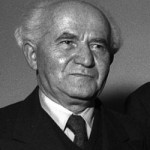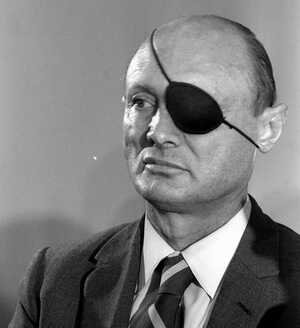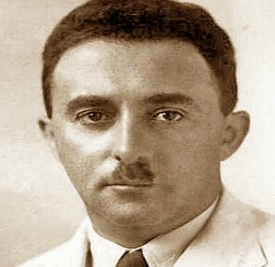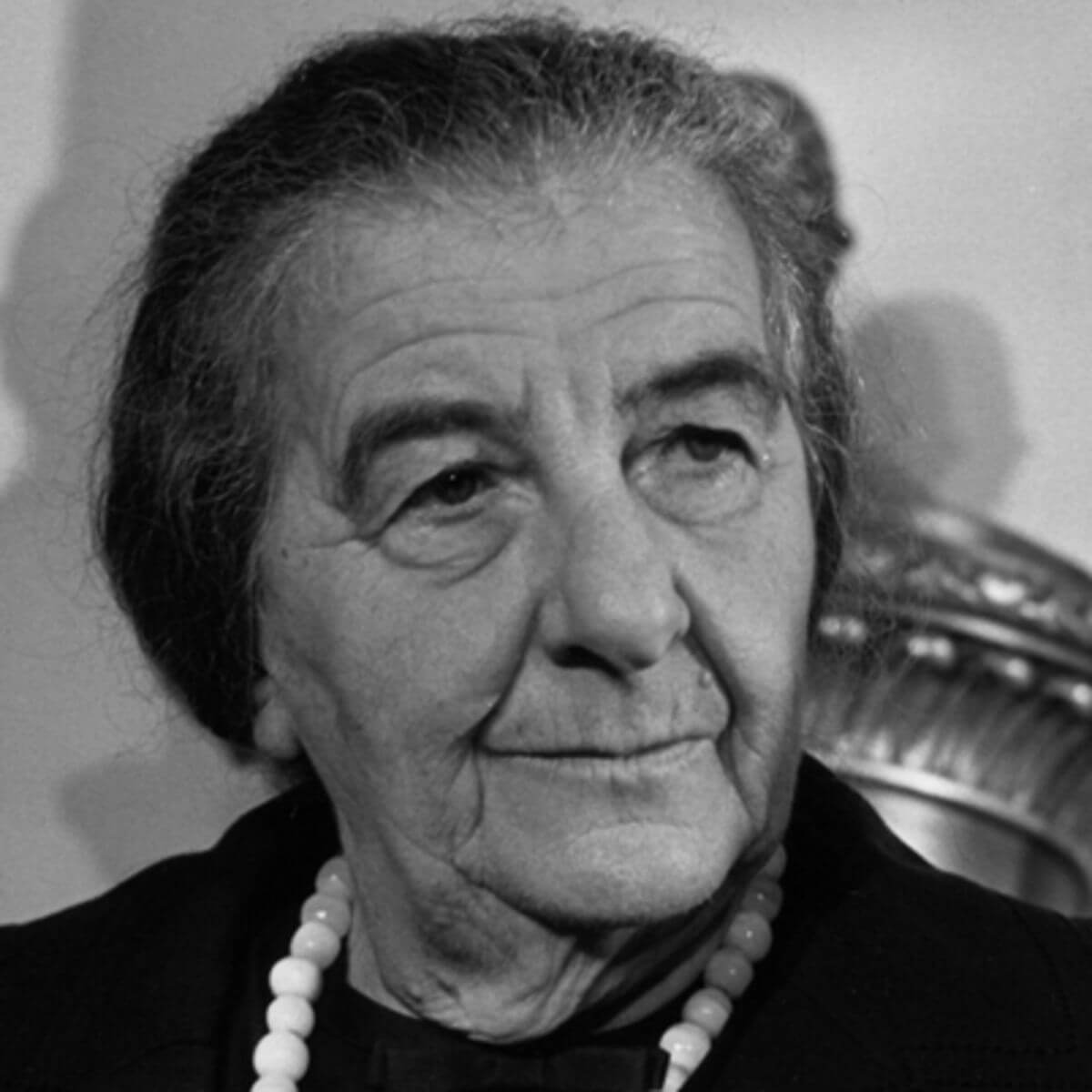ג.1 | The capture of Adolf Eichmann: Preparations for his detention and interrogation
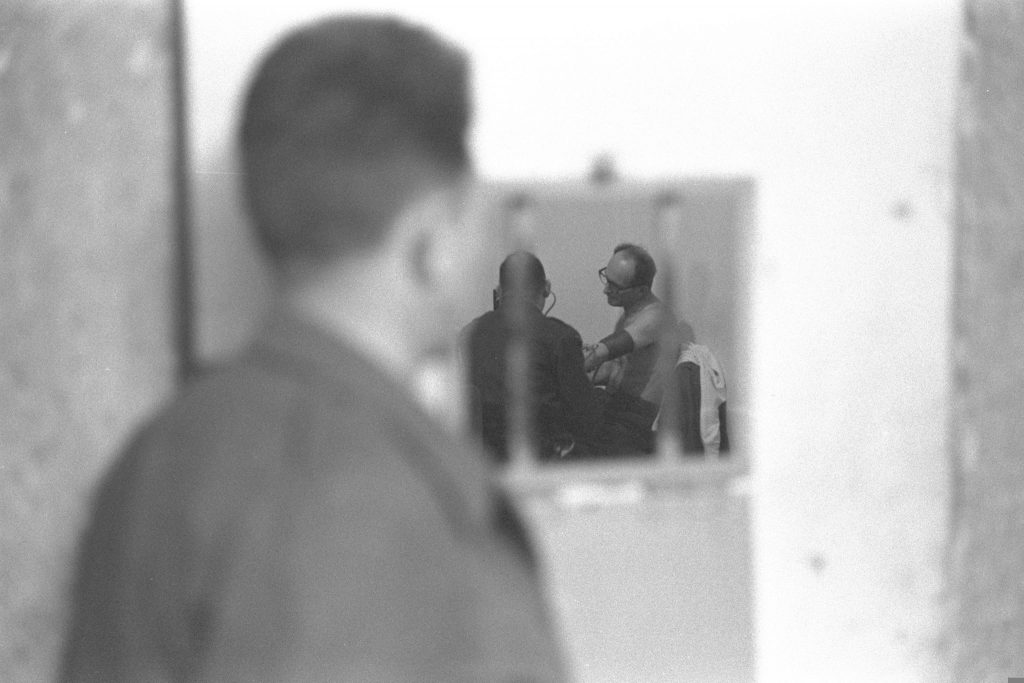
Eichmann being examined by a doctor in Ramle jail. Photograph: John Milli, GPO
1. Meeting of the Government of Israel; Jerusalem, 23 May 1960
ISA/RG 77/G/12968/9
Prime Minister David Ben-Gurion announced that the security services had captured Adolf Eichmann. A discussion ensued regarding the circumstances of Eichmann’s capture, his willingness to stand trial in Israel and appointing defence counsel to represent him.
2. Yosef Nahmias, Inspector-General of the Israel Police, to the Head of the Organization Branch and the Superintendent of the Detention Camp; Tel Aviv, 25 May 1960
ISA/RG 79.11/A/3062/1
Instructions for adapting the remand center at Yagur as a special detention camp (known as “Iyyar camp”) for the detention of Adolf Eichmann. Other prisoners were removed and special precautions were taken to protect Eichmann from any attack or attempt to harm himself, but also to prevent his escape.
3. Yosef Nahmias, Inspector-General of the Israel Police, to Commander Avraham Selinger; Tel Aviv, 25 May 1960
ISA/RG 79.11/A/3062/1
Appointment of Selinger as head of the police interrogation team in the Adolf Eichmann case (Bureau 06). Issues to be focused on in the interrogation and issues to be avoided in order not to jeopardise the continuing activities of the General Security Services.

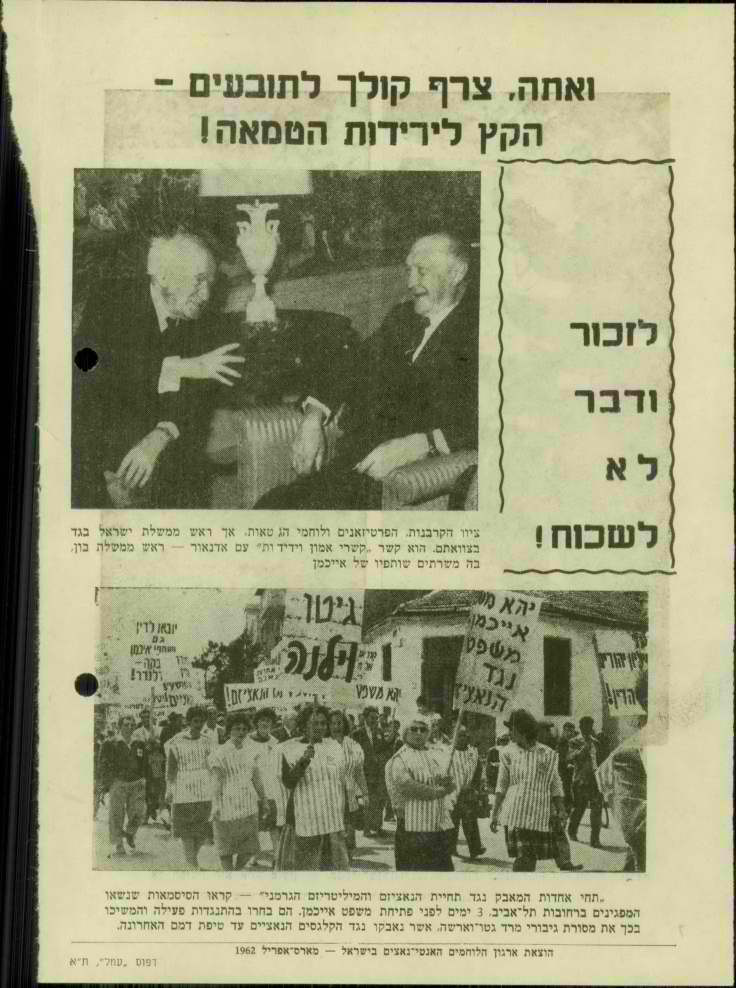
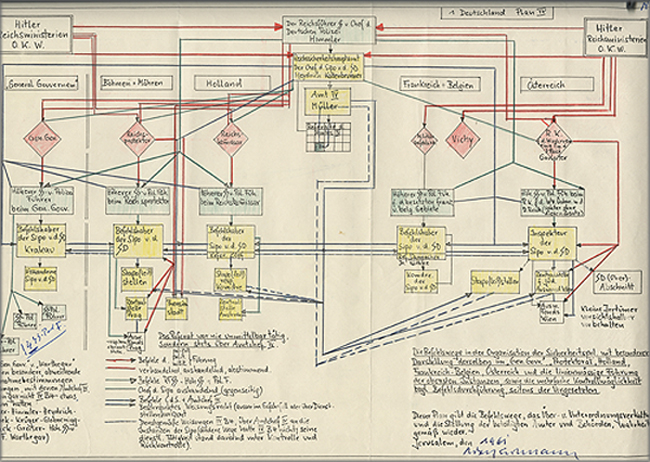
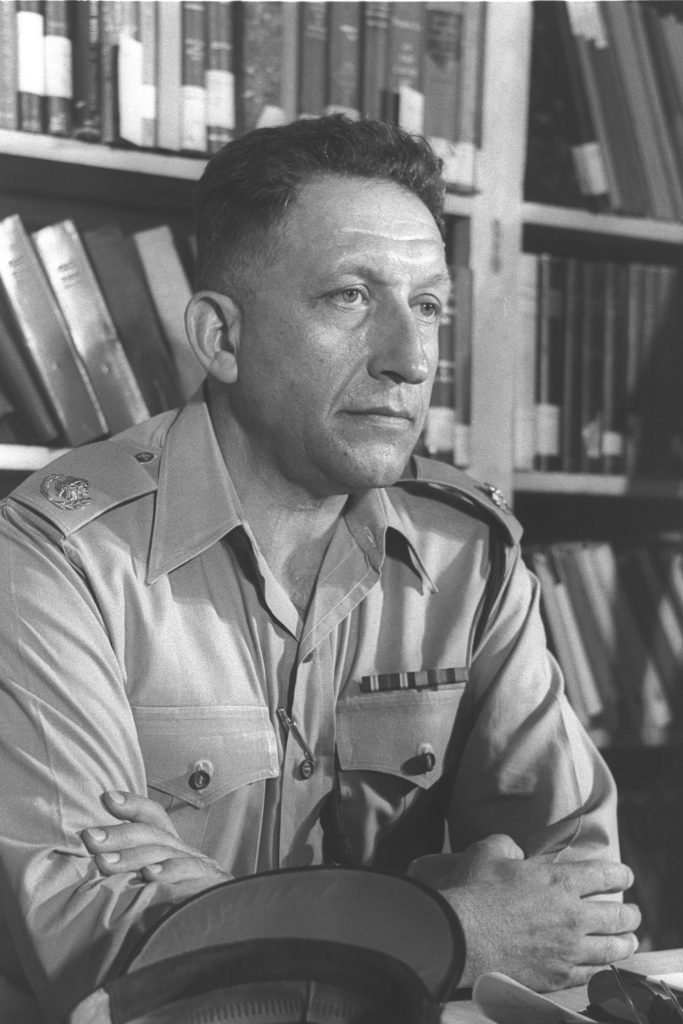
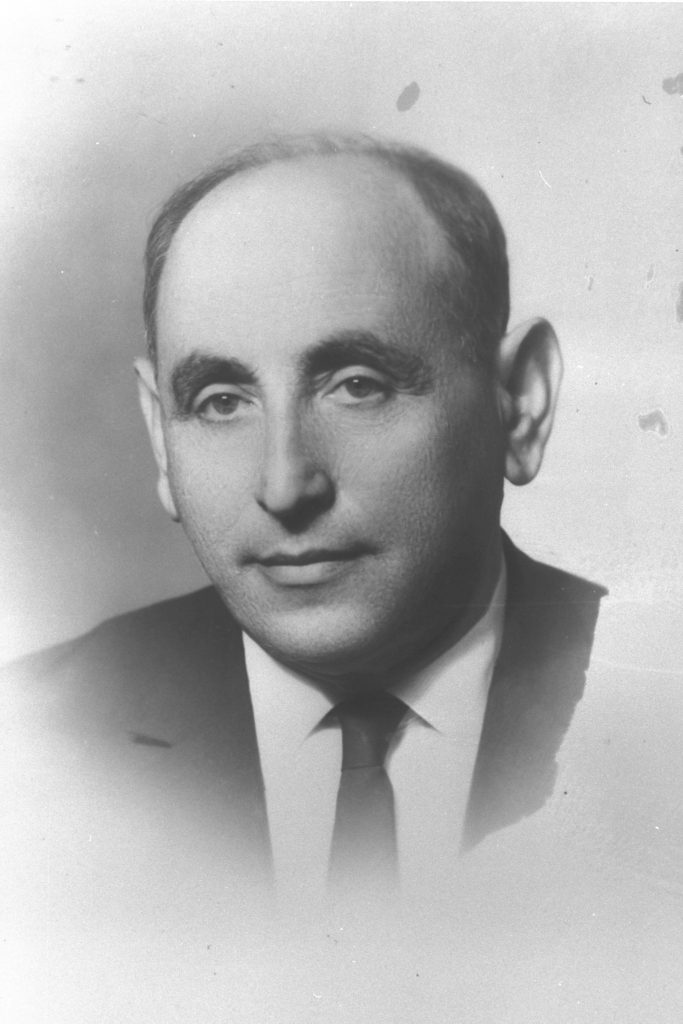
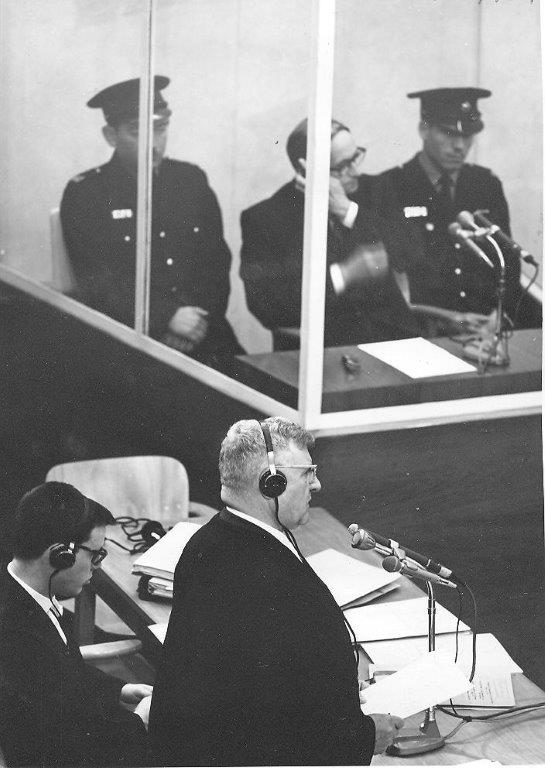 84. Chaim Yahil, Director-General of the Ministry of Foreign Affairs, to the Israel Missions Abroad; Jerusalem, 6 April 1961
84. Chaim Yahil, Director-General of the Ministry of Foreign Affairs, to the Israel Missions Abroad; Jerusalem, 6 April 1961